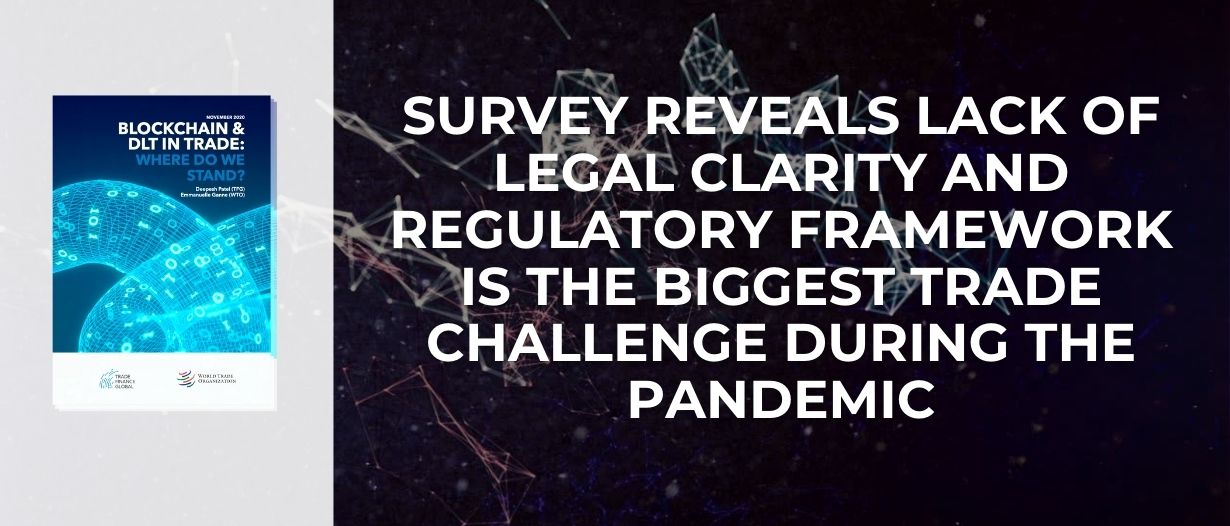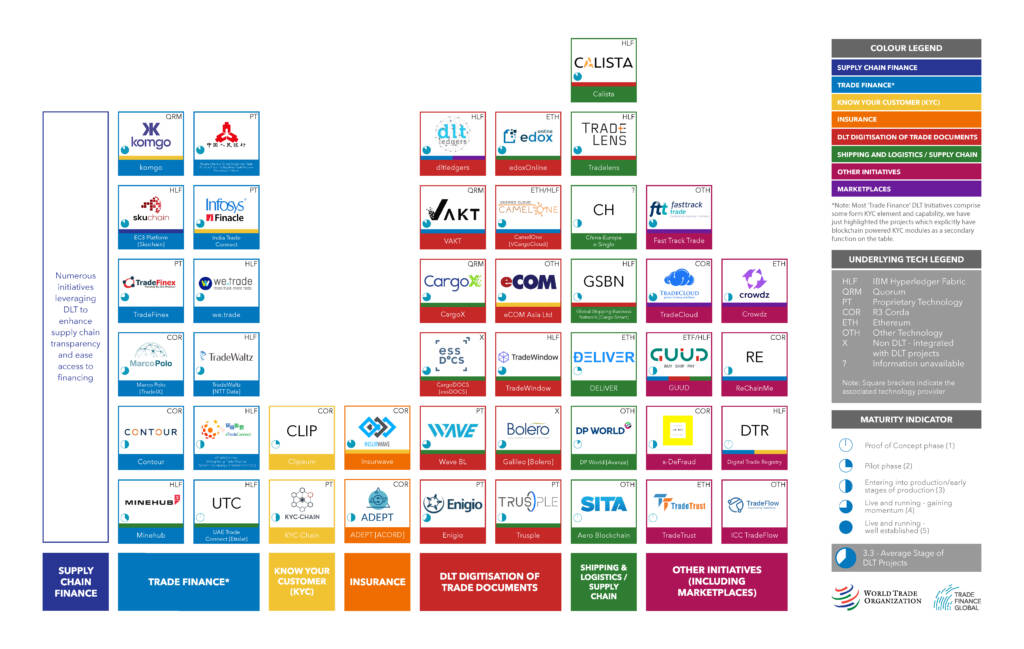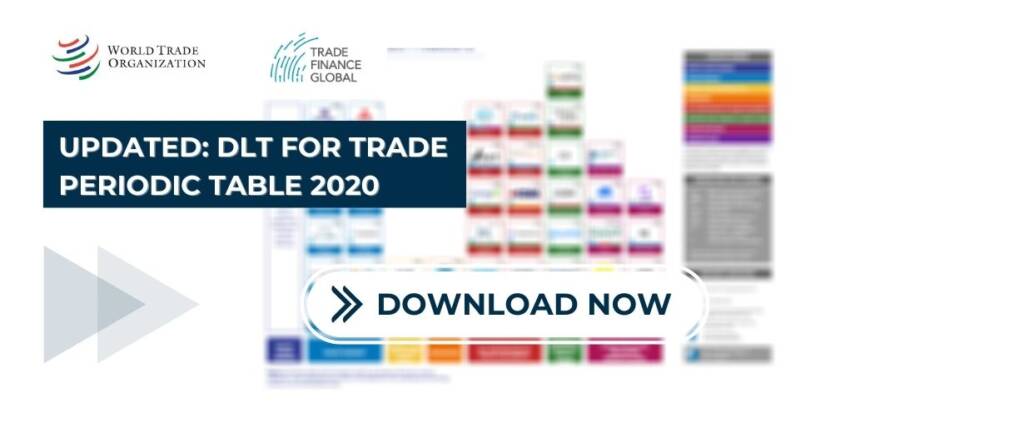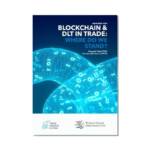A recent 2020 study and supplementary Covid-19 survey by TFG and WTO reveals the biggest challenges facing DLT trade-related firms when it comes to implementation of their solutions within corporates and banks.
Covid-19 has uprooted processes and established outlooks in many industries around the world. To gain a detailed understanding of the impact that the global pandemic has had on DLT projects in trade, WTO and TFG conducted a supplementary survey of projects featured in the 2020 Periodic Table update. The results of this survey are discussed in the following paragraphs and depicted in the diagrams below.
As part of the survey, respondents were first asked how the Covid-19 Pandemic has impacted their DLT plans and activities. In congruence with the ICC Global Survey on Trade Finance, the WTO-TFG supplementary survey indicates that the vast majority of firms have experienced a positive benefit to their DLT plans and activities as a result of the pandemic. Without the physical presence of staff, due to work from home orders in many nations around the world, banks and corporates have been forced to produce rapid digital solutions in order to remain operational. In many instances, according to the ICC Digitalisation Working Group’s report Digital Rapid Response Taken by Banks Under Covid-19, this was best done by scaling up existing digital solutions. While many DLT solutions may not have been directly implemented as a result of Covid-19, the progress made on the implementations of supporting technologies have had clear positive implications.
The WTO-TFG supplementary survey regarding the impact of Covid-19 on DLT and Trade also sought to understand the various challenges facing DLT firms as they try to scale up their solutions.
It is interesting to note that legal challenges were rated as posing a more pressing challenge than any of the other challenges. This suggests that the largest current challenge facing the deployment of DLT solutions across the industry relates heavily to lack of legal clarity and enabling regulatory framework that firms face. This idea is further supported by the results of the ICC Global Survey on Trade Finance. In the ensuing report, the ICC noted that when fighting to overcome the challenges of the Covid-19 Pandemic, “most banks have not yet seen meaningful support from authorities to facilitate trade on digital terms”. If the industry is to successfully transition into a digitalized world powered, in part, by DLT, regulatory development needs to keep pace with technological advancement. Governmental authorities and policymakers around the world need to begin addressing the historic, and often-times wildly outdated, laws that are burdening those seeking to guide the industry into the future.
























![KYC[DLT] - The hottest KYC projects in trade finance (yes, they use blockchain!)](https://www.tradefinanceglobal.com/wp-content/uploads/2020/10/KYCDLT-The-hottest-KYC-projects-in-trade-finance-yes-they-use-blockchain-150x150.jpg)










